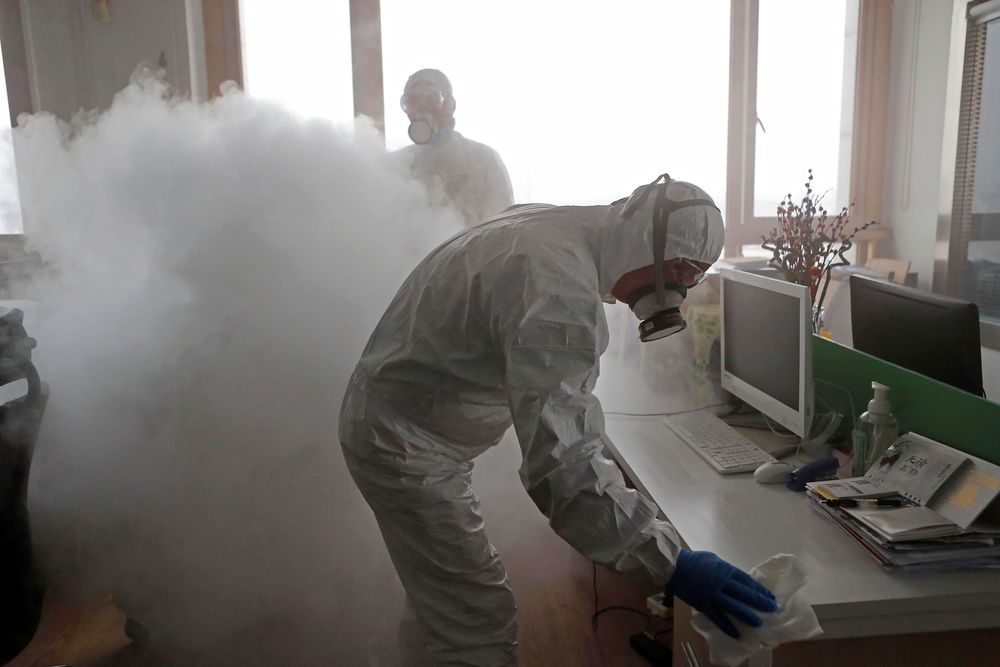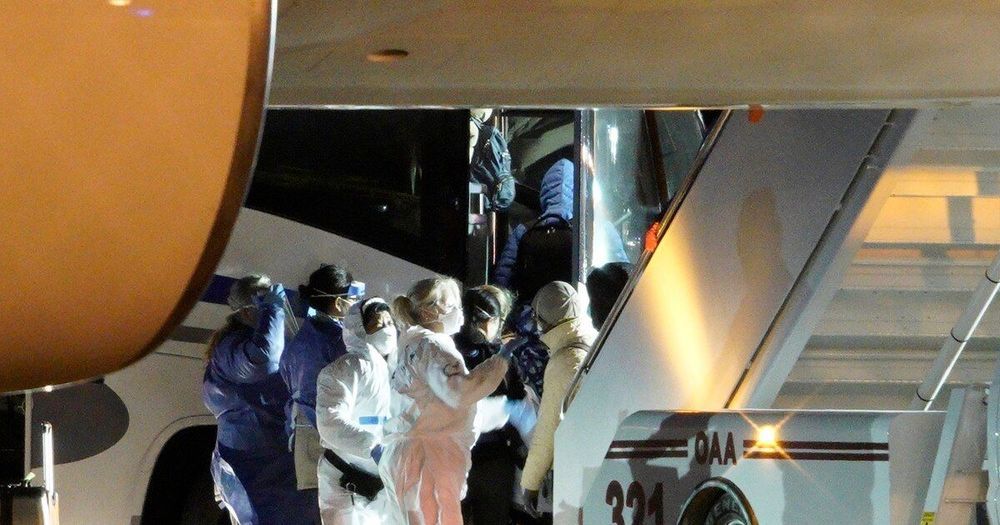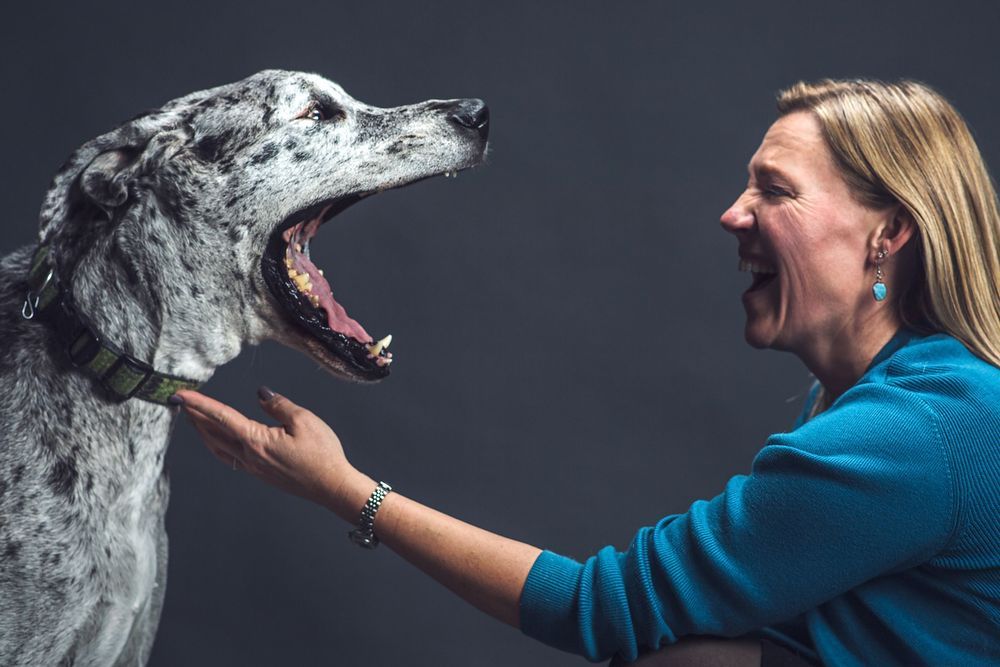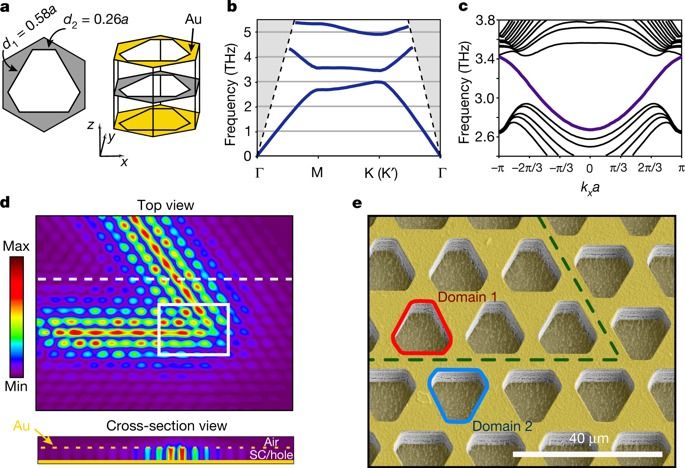The Centers for Disease Control and Prevention said Wednesday it is preparing for the new coronavirus, which has killed at least 1,115 and sickened more than 45,000 worldwide, to “take a foothold in the U.S.”
“At some point, we are likely to see community spread in the U.S. or in other countries,” Dr. Nancy Messonnier, director of the CDC’s National Center for Immunization and Respiratory Diseases, told reporters on a conference call. “This will trigger a change in our response strategy.”







